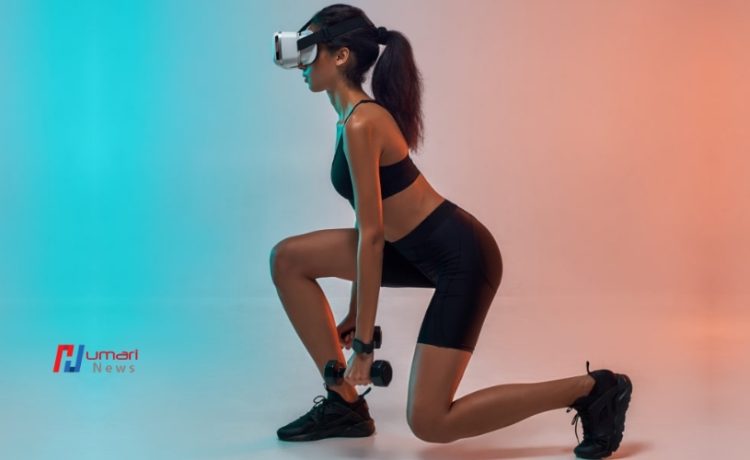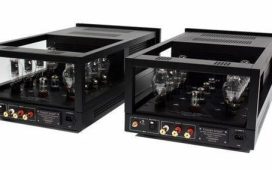The way we approach fitness is undergoing a significant transformation. Gone are the days of relying solely on gym memberships and generic workout routines. Today, a wave of technological advancements is sweeping through the fitness industry, ushering in an era of personalized training, real-time data analysis, and tech-driven workouts. This article delves into the world of fitness trackers, smart exercise equipment, and personalized training apps that are revolutionizing the way we sweat it out.
Fitness Trackers: Quantifying Progress and Motivation
Fitness trackers have become ubiquitous, serving as both a constant companion and a valuable data collection tool. These wearable devices track a range of metrics including steps taken, distance covered, calories burned, and even sleep quality. This real-time data provides valuable insights into our activity levels and motivates us to push ourselves further. By setting personalized goals and tracking progress over time, fitness trackers empower us to stay accountable and celebrate milestones.
Furthermore, fitness trackers often integrate with smartphone apps that offer a plethora of workout routines and challenges. These apps cater to various fitness goals and skill levels, providing users with a library of exercises to choose from. Some apps even offer guided workouts with voice or video instructions, replicating the experience of having a personal trainer at your fingertips.
The social features of many fitness tracker apps add another layer of motivation. Users can connect with friends, compete in virtual challenges, and share their progress on social media platforms. This fosters a sense of community and healthy competition, further encouraging individuals to stay active.
Smart Exercise Equipment: Transforming the Home Gym Experience
The rise of smart exercise equipment is blurring the lines between the traditional gym experience and the convenience of home workouts. Smart bikes, treadmills, and strength training machines are now equipped with interactive features that elevate the workout experience. These machines seamlessly connect with fitness apps, providing real-time feedback on performance metrics such as cadence, power output, and form.
Some smart equipment features personalized workout programs that adjust based on the user’s fitness level and goals. This ensures a constant challenge and optimizes workout efficiency. Virtual reality integration is also making its mark, transporting users to immersive training environments, from running trails on a scenic mountainside to practicing boxing techniques against a virtual opponent.
The convenience factor is another major advantage of smart exercise equipment. Users can tailor their workouts to their schedules, eliminating the need to commute to a gym. Additionally, the ability to track progress directly through the equipment eliminates the need for manual data entry, streamlining the workout process.
Personalized Training Apps: Tailored Workouts for Every Body
Personalized training apps are reshaping the way we approach exercise by offering tailored workout plans designed to meet individual needs and goals. These apps leverage advanced algorithms to analyze user data, including fitness levels, strengths, weaknesses, and injuries. Based on this data, the app generates personalized workout routines with appropriate exercise variations and intensity levels.
The beauty of personalized training apps lies in their adaptability. As users progress, the app automatically adjusts the difficulty of workouts, ensuring a consistent challenge and preventing plateaus. This dynamic approach keeps workouts engaging and fosters long-term adherence to fitness goals.
Some apps also leverage artificial intelligence-powered virtual trainers who provide real-time feedback and encouragement during workouts. These virtual trainers analyze movement patterns, offer form correction, and celebrate achievements, creating a personalized and interactive experience.
The future of fitness promises even greater integration of technology. Wearable devices may evolve to monitor biometrics such as heart rate variability and muscle oxygen levels, providing even deeper insights into workout performance and recovery. Artificial intelligence-powered training programs could become even more sophisticated, customizing workouts based on individual preferences and adapting to real-time feedback throughout the session.
In conclusion, the future of fitness is undoubtedly tech-driven. Fitness trackers, smart exercise equipment, and personalized training apps are revolutionizing the way we approach workouts, offering a level of personalization and data-driven insights unimaginable just a few years ago. With technology continuously evolving, the possibilities for engaging, efficient, and personalized fitness experiences seem endless.







